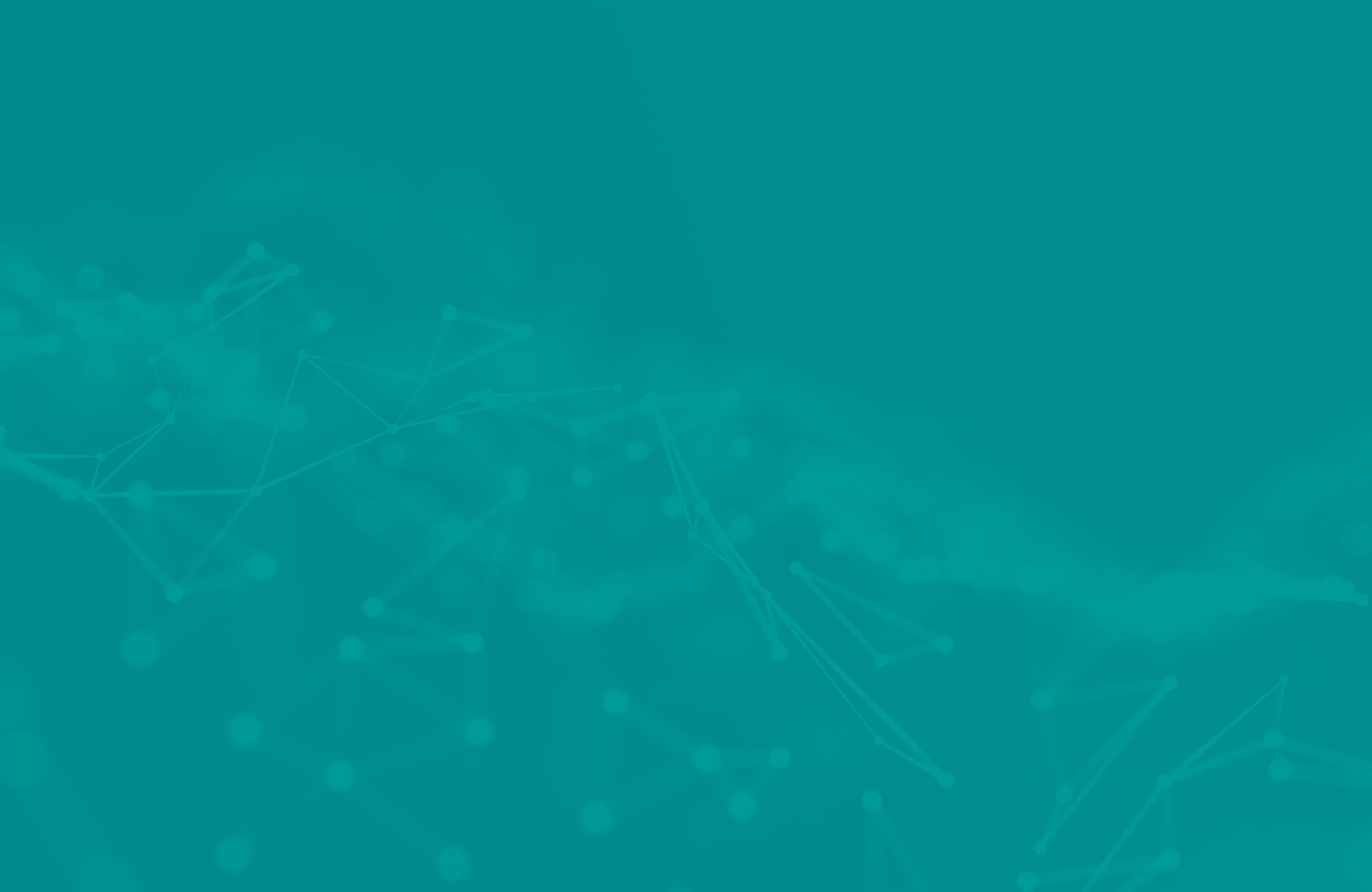Joint development of an understanding of the future market conditions arising from the flood of current legislative changes and the derivation of innovation opportunities.
NEAPOLIS - Policy-Enabled Innovation
Partner Call open until: May 31, 2025
Project Start: Q3 2025
Our society is increasingly shaping future markets through legislation. One of the main goals of environmental regulations is to make sustainable technologies and innovations competitive. From a compliance perspective, knowledge of these regulations is already available in companies. In this project, the equally important innovation perspective will be developed: When can I earn money with which innovation, in which markets, based on the regulations?
To this end, a collaborative and interdisciplinary approach is used to jointly build up reliable knowledge of regulations, particularly in the innovation departments. In this 6-month project, the topic is developed from a top-down perspective in order to provide a quick overview for all partners. We will jointly identifiy the approaches with the greatest relevance for the partners. There is the possibility of continuing the collaboration to explore selected topics in greater depth.
We will focus on the following research questions:
- Policy instruments: What is the landscape of current and announced environmental, social and geostrategic regulations and market-based instruments in the EU, and which of these regulations are relevant for innovation in the broader electronics sector (in the short, medium and long-term perspectives)?
- What is the potential impact of current and announced environmental, social and geostrategic regulations in the EU on the competitiveness of existing and future technologies, products, materials and business models in the wider electronics sector and on new opportunities as a solution provider?
- What opportunities for innovation arise as a result?
- What risks exist in politically shaped markets?
- Which innovation strategies make sense against this background?
- What suitable organizational structures and processes are there to manage future-oriented sustainable innovations on the basis of regulations?
Within the project, we will use the following methods:
- The current state of knowledge and the knowledge requirements of the participating companies are ascertained through interviews.
- The state of knowledge is further developed in line with the research questions and the needs of the SAL partners.
- In two cross-company workshops (4 hours each), the collected knowledge is transferred, existing knowledge of the companies is exchanged and new knowledge is jointly developed.
- Between the workshops, optional opportunities are offered to intensify cooperation and knowledge transfer (e.g. working-out-loud, online or onsite working meetings, quick feedback on interim results).
- External experts are brought in as required.
- A supervision workshop involves other decision-makers from the companies in order to communicate results and define any follow-up collaborations.
- Dissemination materials support the communication of the results in the respective companies.
Recommended team composition by the participating companies:
Collaboration Circle:
- 2 (possibly 3) people per company
- Specialist background: Innovation management (central or product-specific), corporate foresight, business area development, product sustainability.
- Time required per person: Interview 2 h, 3 workshops of 4 h each, 5-20 h in-depth discussion & collaboration.
Supervisory Circle:
- 1-2 people per company
- Professional background: Product group managers, innovation managers, CTO, Group strategy, sustainability managers.
- Time required per person: Interview 1 h, one workshop of 4 h each
Expected results
- Map of relevant laws - especially sustainability laws and accompanying industry policies.
- Understanding of future market conditions
- Identified impact on competitiveness and opportunities for innovation
- Derived innovation opportunities
- Economic advantages and differentiation opportunities through the reduction of own ecological impact
- Business field development as a solution provider in new markets created by regulations
- Understanding of new types of risks in politically created market conditions
- Interdisciplinary network of experts
- Identified and prioritized possible next steps for the partner companies
- Results report and communication materials





